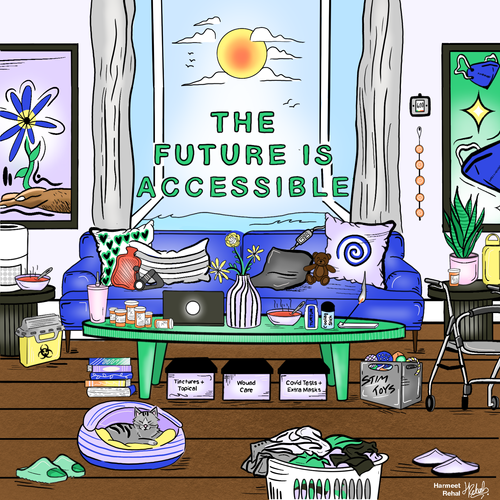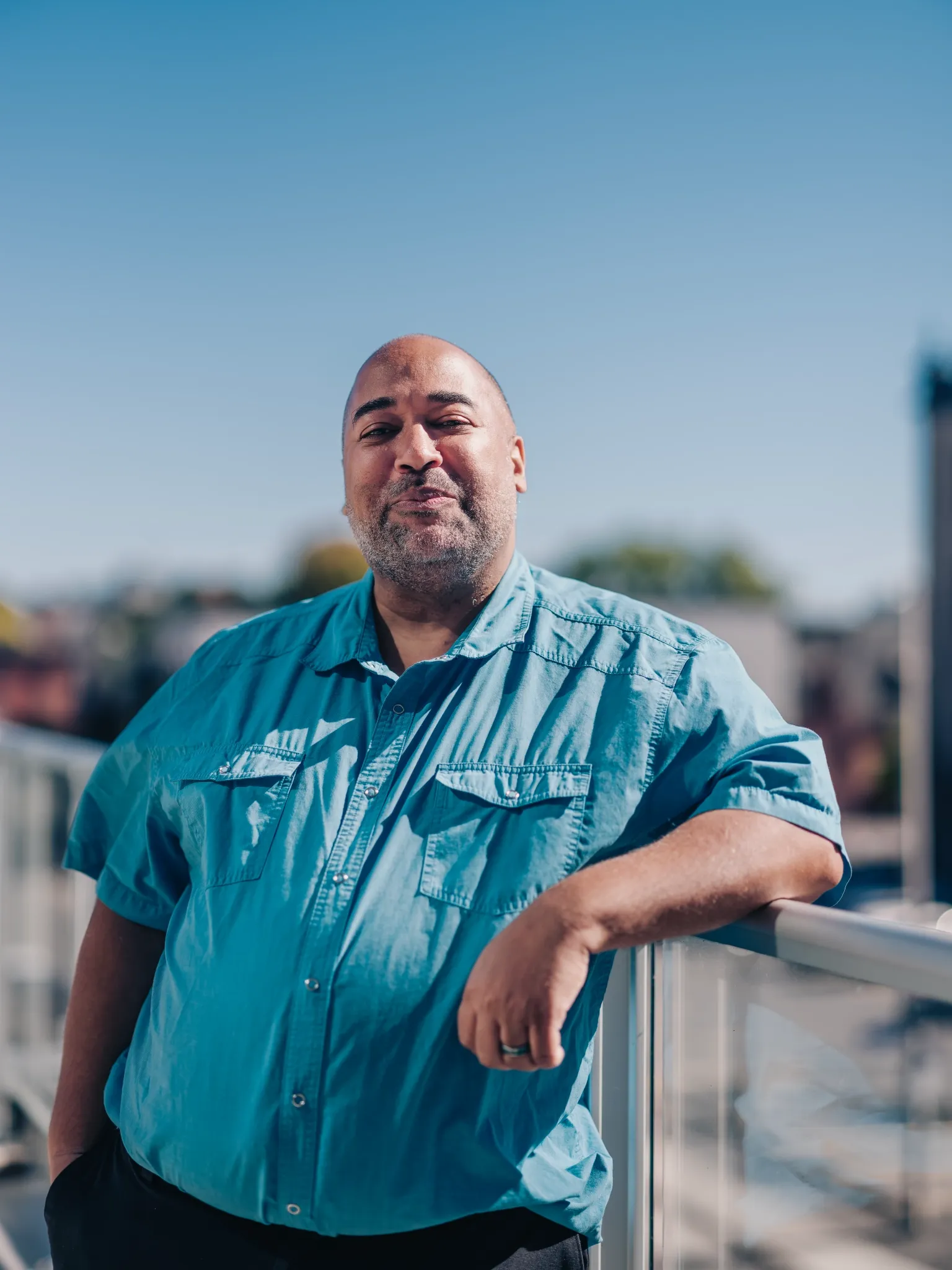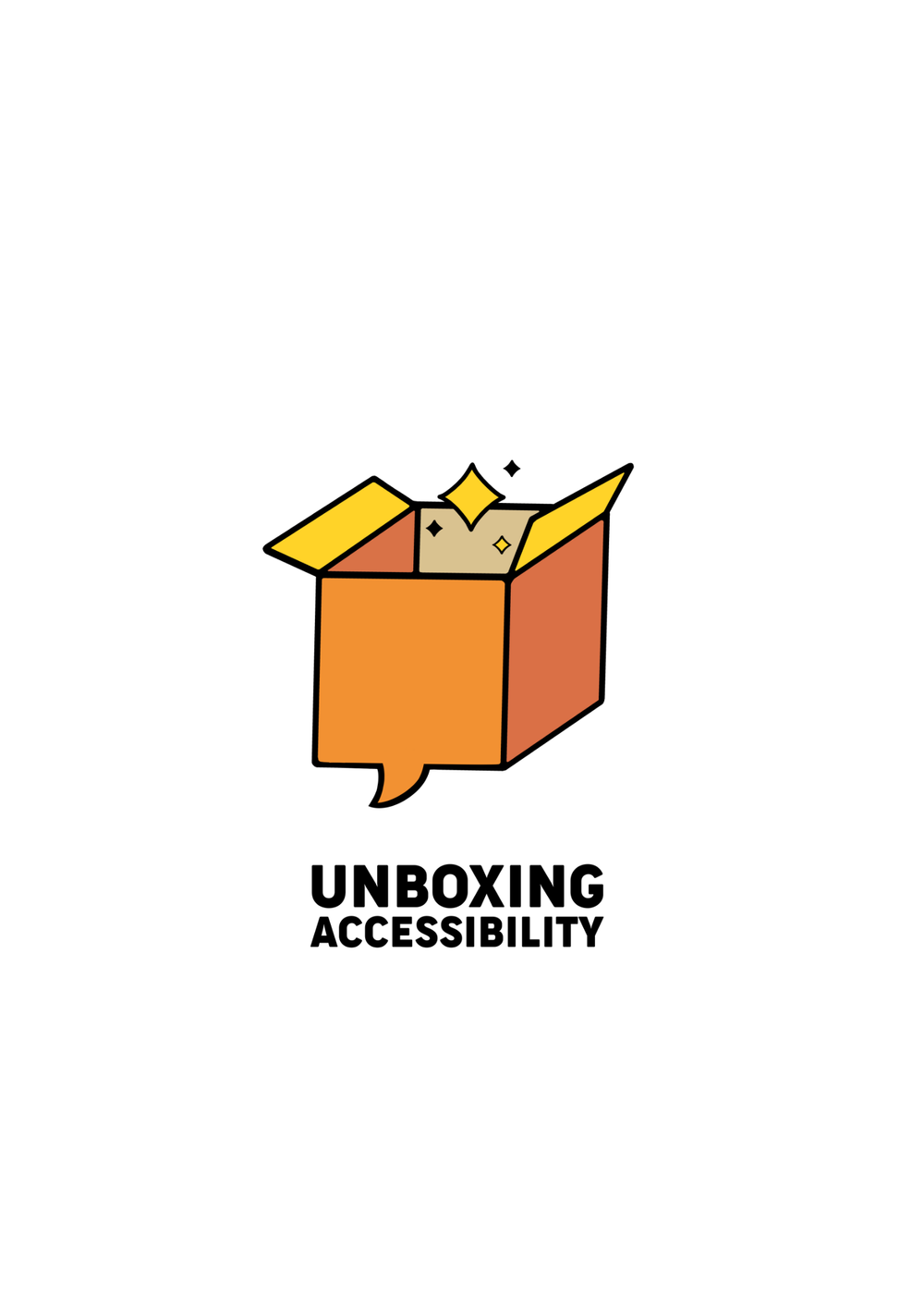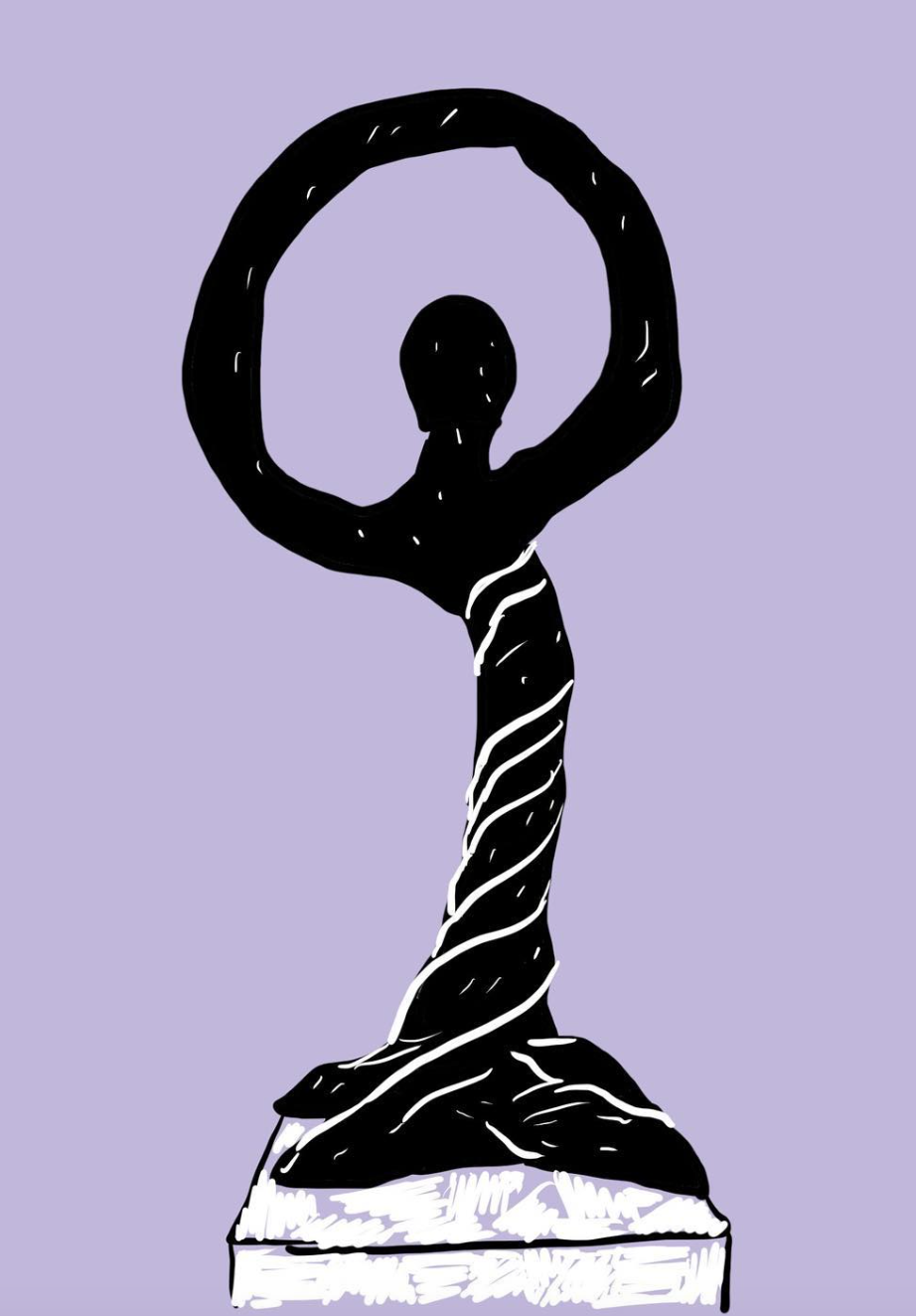Accessibility, One Person at a Time
In the last four years, I've created several award-winning accessibility-inclusive theatrical and musical pieces that achieved limited travel across the continent.
However, I consider the opportunity to share my words of experience and encouragement with new creator-producers to be an equal accomplishment.
I'm still on my learning journey around advocacy and implementation in theatre and comedy venues, so this is my reflection on how I'm becoming more patient with my processes and outcomes.
I can’t do it all… yet. If ever.
Repeat after me, Velvet:
I cannot compare myself to established venues and theatre companies. I can remain inspired by their work, but I need to ensure that I don’t harm myself financially for the sake of others.
Oof.
But you may understand my urge to compare if you’ve seen the access solutions for “The First Stone” (2023, Donna-Michelle St. Bernard, directed by Yvette Nolan; a GCTC co-production with New Harlem) or “The Tempest: A Witch in Algiers” by Makram Ayache (2024, based on William Shakespeare’s “The Tempest”), directed by Kwaku Okyere (Shakespeare in the Ruff)
I’m thankful to have met Ophira Calof early in my theatre production career. In addition to offering advice for getting started, they’ve gently reminded me that some accessibility solutions will conflict with others.
I try to stay mindful in implementing my solutions. I’m hard of hearing and have an auditory processing disorder, so I need some amplification, but how do I ensure my audiences aren’t overwhelmed? I like the idea of relaxed performances, but they can be distracting, too. Instead of focusing on the frustration of not having all of the solutions, I’ve learned to give myself more grace and lower my self-expectations.
The Disability Tax is real cost-prohibitive.
Even if I wanted to implement all the desired access solutions, budgets are razor-thin for Fringe Festivals and improv comedy shows. As with so many creators, my trajectory is to improve my craft and reputation enough to work contracts in venues and festivals with a greater budget than me (I know the state of funding these days) and, therefore, a better chance for accessibility solutions to pre-exist.
Frustration Point: I've had some media people and organizers minimize my advocacy as only being about myself instead of presenting more accessible and inclusive theatre.
Change takes time!
I'm not trying to be a trailblazer. I'm just impatient for a more inclusive society. Joining the Black Pledge Collective helped me appreciate the idiom "large tasks become small when divided among several people."
So now, my youthful desire for change fuels my advocacy and practice instead of trying to find shortcuts to skip the necessary steps. While I continue to learn and offer accessible solutions, I'm grateful to those creators who seek me out to learn and implement some solutions in their productions, too.
Rest is part of the work.
I’m thankful to have discovered The Nap Ministry just before I left corporate office life. Tricia Hersey’s philosophy that “rest is resistance” helped me redefine how I worked in theatre:
“How many working hats am I willing to wear now that I don’t want to create theatre worn down?”
Incorporating more rest meant that I am better able to be present and mindful as an advocate and creator-producer. Being away from work gives me breathing space for relaxation, joy, and self-reflection. It helps me stay present with and for others and gives me the energy to continue advocating against the ableist status quo. Even as we rest, others are continuing the work, and together, we move forward.
Self-Care
I'm trying to approach accessibility advocacy like I do community building–one person at a time, including myself. I'm improving my ability to self-advocate with as much passion as I advocate for others.
I recently performed in a show with a brief moment of flashing lights. As an access solution, the designer worked with performers around brightness, colour, and positioning. The show was great, and it was easy to stay present knowing that we were considered.
What's Next?
This Fall, in addition to fundraising for more ASL-English interpreted shows for All Request Radio and facilitating an applied improv session around Disrupting Anti-Black Racism, I'll be in Propeller Dance's space as a mental health support worker.
– Velvet Wells
About Velvet Wells
Velvet Wells (they/them) is a queer, Black, lyrical comedian and the creator-producer of All Request Radio and Ottawa Comedy Cabaret Cruise.
They've won awards for their performance and playwriting, and they're also a strong advocate for accessibility and fighting anti-Black racism. Velvet is involved in various organizations such as The Black Pledge Collective and the International TheatreSports Institute, and they love mentoring with the Youth Infringement Festival and Toronto Fringe Festival.
Check out more of their work on their website
The Disability Files is a quarterly dispatch where we invite Deaf and Disabled artists and creatives to share their stories about art, access, and everything in between.
💌 If you like what we're doing, please help spread the word and forward this email to your friends!
✅ If you received this email from a friend and want to subscribe, you can do that here.
🎨 If you're an artist or creative with a disability, you can subscribe to The Disability Files for free here!








